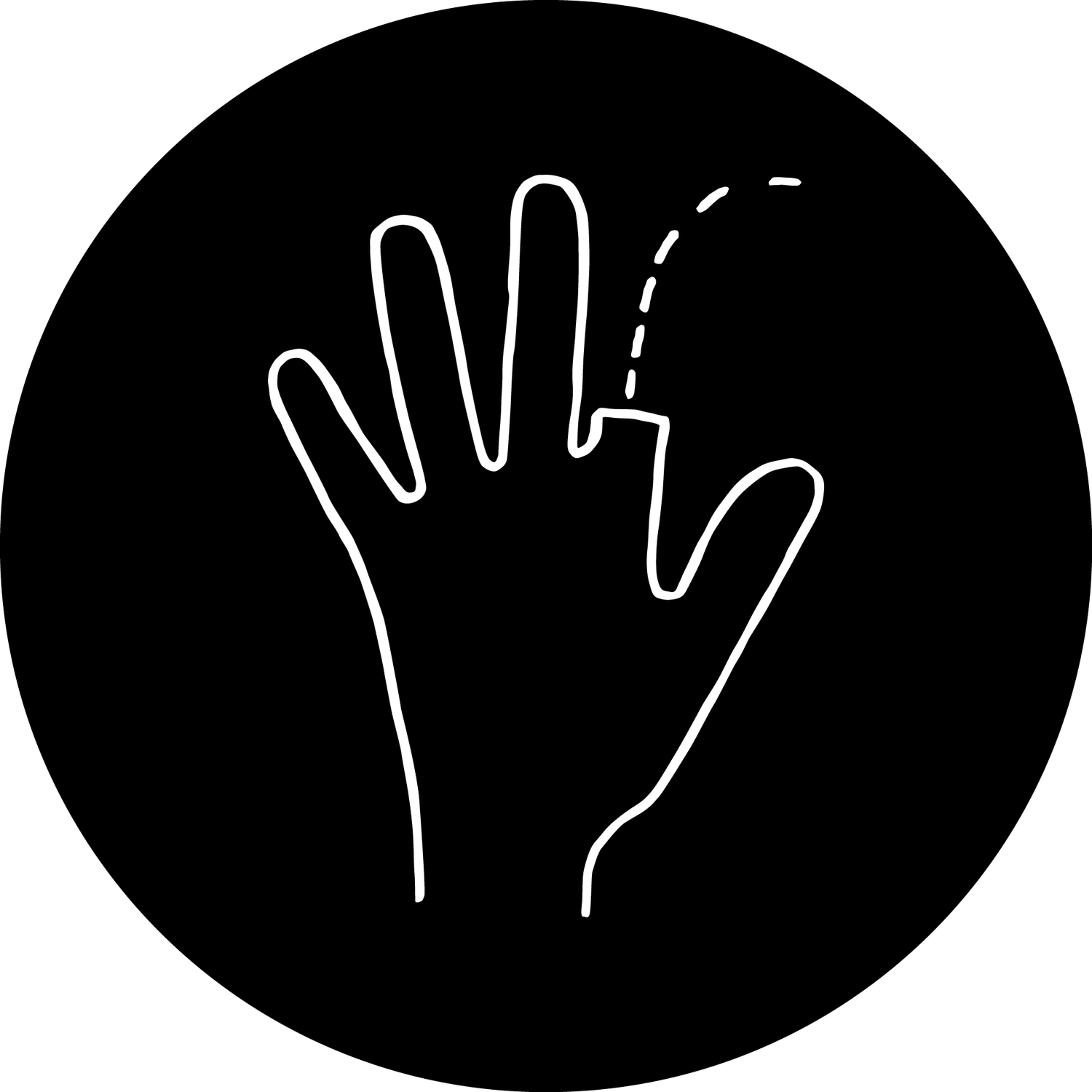Digital Archive of Artists’ Publishing Workshop
Tuesday 10 August & Wednesday 11 August, 6.00pm - 8.00pm
Join us for a two-part workshop to learn how to upload your own books and publications to the Digital Archive of Artists’ Publishing.
Before the workshop select your own Artists’ Publications - zines, artists’ books, and other experiments in artists’ publishing - ready for upload, alongside data about the items, and any anecdotal histories you wish to share.
In the workshop, participants will get an introduction to linked open data and key features of the database software. A demo followed by a hands-on participatory session will show the steps necessary to get started adding and editing materials. The workshop will also open up the strategies that the DAAP team have developed, with a focus on the software applications developed by the Wikimedia Foundation, and how these can contribute to a more ethically driven archival process.
Throughout the workshop there will be time for questions and discussions, particularly focusing on the ethics and biases which may be explicitly or implicitly embedded in database and archive infrastructures.
Places are limited due to the group dynamics of online learning, so please book through Eventbrite. A Zoom link will be sent out via email in advance.
About the DAAP
Inspired by the site of Banner Repeater’s Archive of Artists’ Publishing on Hackney Downs train station, with over 11,000 passengers passing a day, the Digital Archive of Artists' Publishing (DAAP) has been developed in response to the need for similar accessibility in an online context, for a growing community of people engaged with Artists publishing.
The DAAP is an interactive, user-driven, searchable database of Artists’ Books and publications, that acts as a hub to engage with others, built by artists, publishers, and a community of producers in contemporary artists’ publishing. With an emphasis on inclusivity from the start, anecdotal histories and multiple perspectives are privileged alongside factual data, establishing an important new precedent in digital, as well as analogue archival practice. The wiki style approach means that users can upload their own material, single items, or entire collections, choosing appropriate sharing permissions at time of upload.
The archive project is committed to challenging the politics of traditional archives regarding inclusion and accessibility, from a post-colonial, critical gender and LGBTQI perspective. The project aims ensure an equitable and ethical design process occurs throughout the archive lifecycle. You can read our Code of Conduct here.

